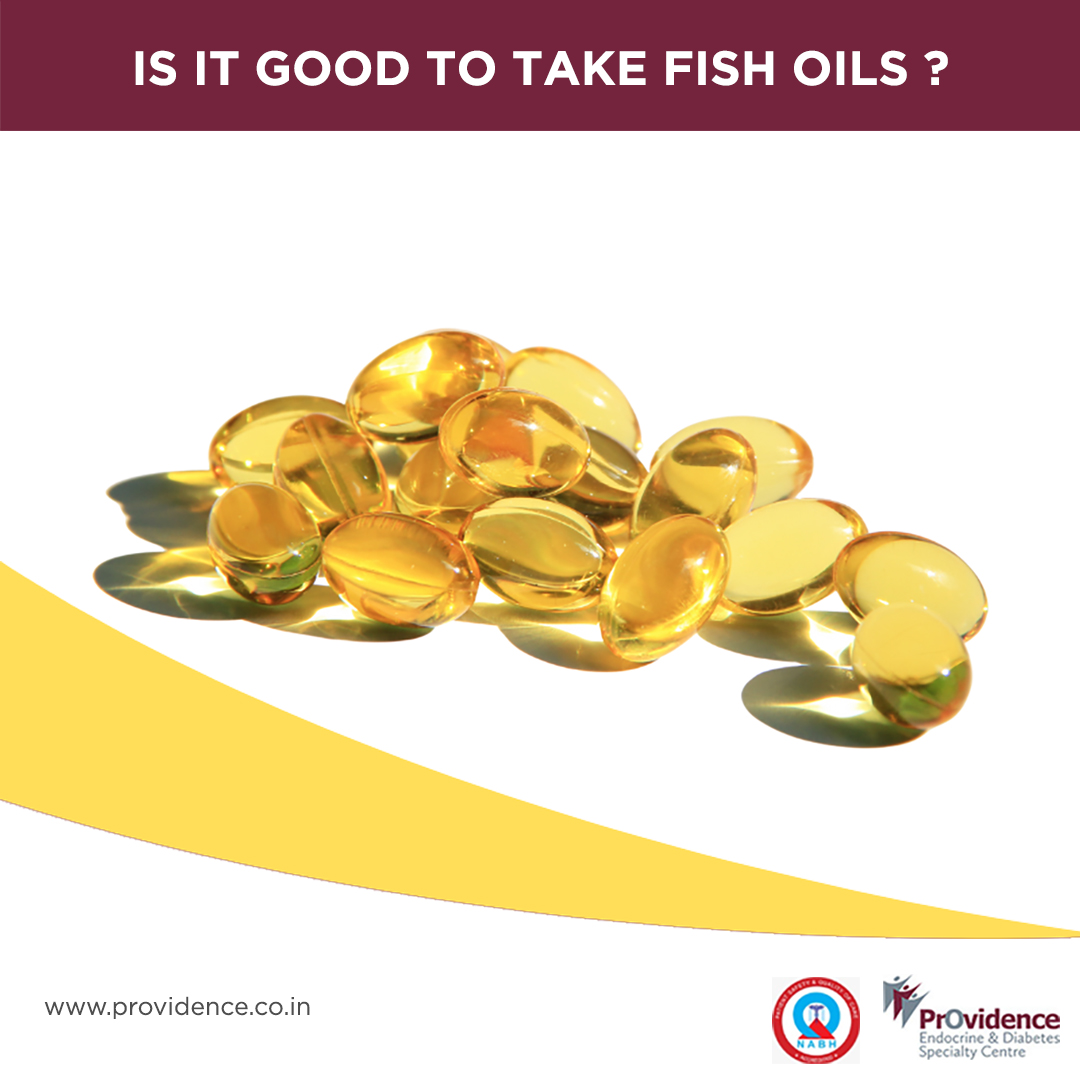People with diabetes often ask us if they should consume fish oils or omega-3 supplements in addition to their regular diet. Fish oil is mainly obtained from specific parts, such as the liver of fatty fish like mackerel, salmon, tuna, and herring. It is a rich source of omega-3 fatty acids such as eicosapentaenoic acid (EPA) and docosahexaenoic acid (DHA). Most commercial omega-3 supplements contain EPA and DHA.
Omega 3 has powerful antioxidant properties. Since many of the complications, including heart disease, stroke, kidney disease and retinopathy, involve oxygen-free radical-related damage, omega 3 was believed to reduce the risk of these complications. However, scientific studies involving a large number of people with diabetes have shown that Omega 3 does not improve glucose levels. Omega 3 reduces the level of triglycerides in the blood. However, there is no significant scientific evidence that it reduces the risk of heart disease or stroke. Eicosapent Ethyl (Vascepa, Biosia) is a prescription medication used to reduce the risk of heart disease in people with diabetes. However, this is not the same as commercial omega-3 supplements.
The American Heart Association recommends two servings (approximately 170 g) of fish, particularly fatty fish, per week to help reduce heart disease and stroke risk. This should be a part of a healthy diet. However, there is no recommendation for the regular use of omega-3 supplements. Omega 3 supplements may reduce triglyceride levels in those with a high risk of heart disease.
So, if you have diabetes
1. Take a healthy meal with at least two servings of fish weekly
2. Consider the use of prescription drugs containing Eicosapent ethyl if your physician recommends the same
3. There is no reason why everyone with diabetes should use an omega-3 supplement
Author
Ms Sreekutty S, MSc



